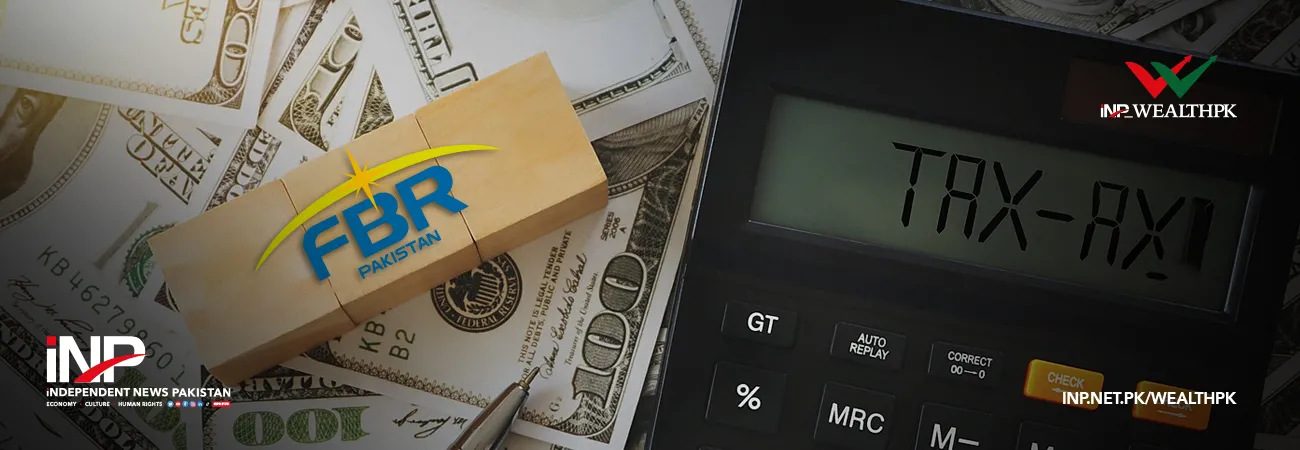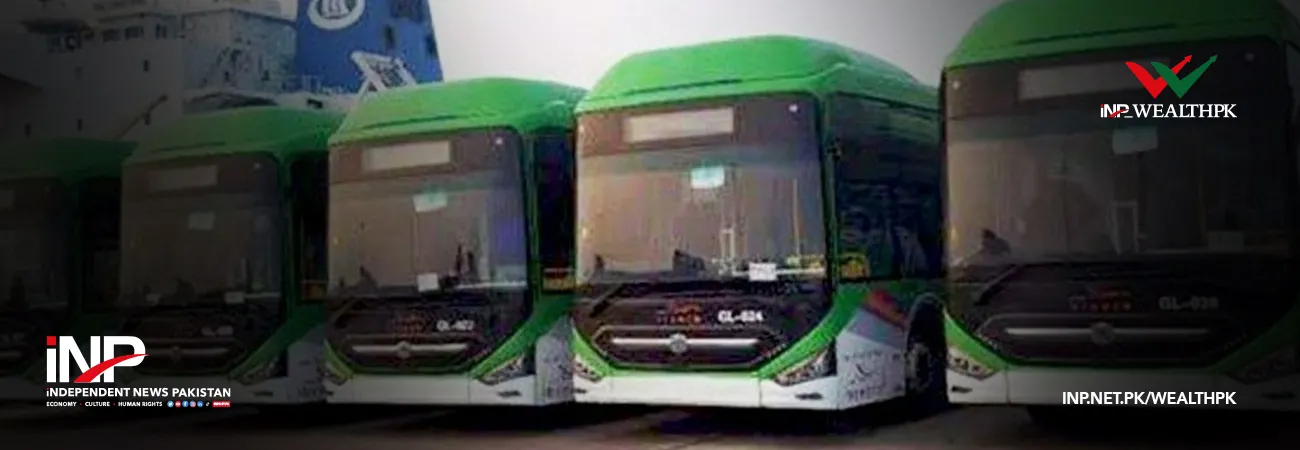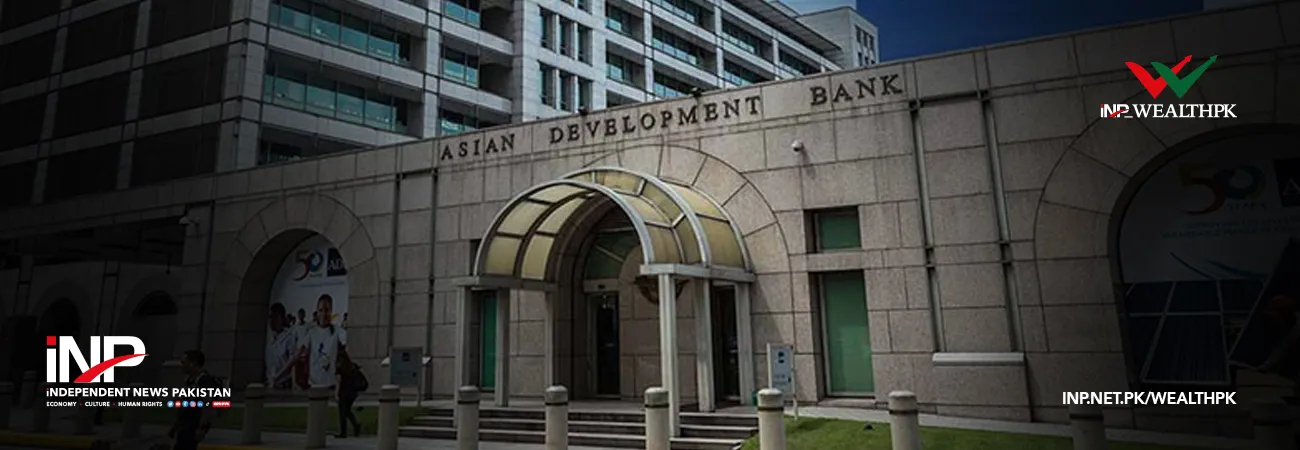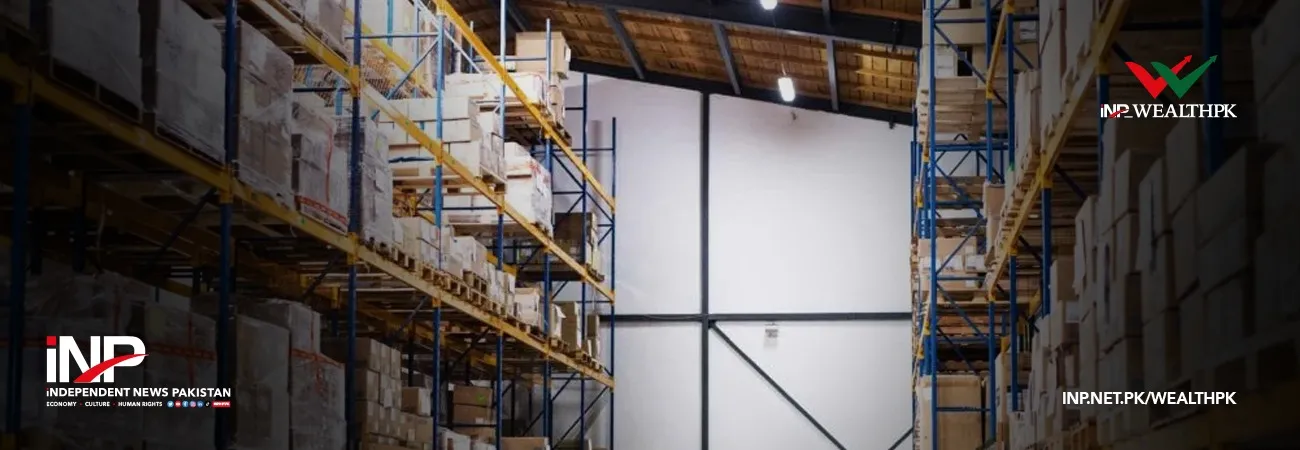INP-WealthPk
Moaaz Manzoor
Experts are calling for greater transparency and streamlined processes in the Federal Board of Revenue’s (FBR) efforts to reduce the size of the informal economy, highlighting that the current taxation system is overly complex and unclear, reports WealthPK.
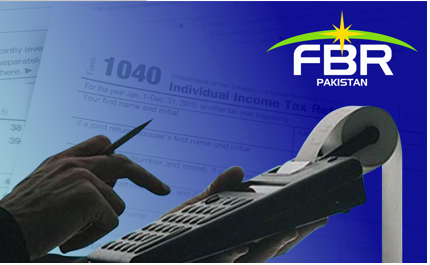
Dr. Nasir Iqbal, Head of the Macro Policy Lab at the Pakistan Institute of Development Economics (PIDE), pointed out that while the government has the resources to formalize the informal sector, the real issue lies in defining clear mechanisms and ensuring transparency. He stressed that the government lacks a well-defined strategy for incorporating specific sectors into the formal economy and facilitating their transition. Dr. Iqbal also emphasized that a transparent mechanism is a key challenge, noting that clarity, transparency, and political will are essential for the success of these efforts. He further explained that Pakistan’s taxation system is excessively complicated. Tax exemptions, the self-reporting nature of tax collection, and the FBR’s limited outreach contribute to this complexity. Overregulation and cumbersome procedures make compliance difficult for businesses, while weak enforcement exacerbates the problem. Dr. Iqbal stressed that simplifying the process and making it more user-friendly would reduce tax evasion and expand the tax base. He added that transparency is central to the FBR's current initiatives.
A simplified, transparent, and incentivized tax system would encourage voluntary compliance from both individuals and businesses. “If the tax inclusion process is simple and beneficial, there won’t be a need for aggressive crackdowns. Crackdowns often lead to anxiety, business closures, and disruptions in economic activity, which negatively affect the investment climate,” he said. Dr. Iqbal proposed that a well-defined, transparent, and easy-to-follow tax system, paired with business incentives, would reduce tax evasion, increase documentation, and broaden the tax net. Similarly, Majid Shabbir, CEO of Ifsha Consultants, echoed these concerns, urging the government to engage in active consultations with traders and chambers of commerce to make the formalization drive more effective. He noted that any policy aimed at formalizing the informal economy must be result-oriented, and the government should avoid pressure tactics that could widen the trust gap with the business community. Shabbir emphasized that successful reforms rely on economic stability, policy consistency, and lower input costs, which are essential for sustained growth.
He suggested that the Chamber of Commerce should be actively involved in providing policy input and shaping measures that benefit both businesses and the government. "If the government works closely with traders and industry representatives, the formalization process will be much smoother," Shabbir said, stressing the importance of collaboration in building trust. Both experts agreed that without addressing key structural issues—clarity, transparency, and active collaboration—the government's efforts to formalize the informal economy may fall short of expectations. A more transparent, simplified, and inclusive approach is essential to expanding Pakistan’s tax base and ensuring long-term economic stability. The FBR’s efforts are critical for economic development, but a lack of clarity, overregulation, and limited outreach remain significant barriers. Streamlining processes, incentivizing compliance, and closely engaging with the business community are crucial for creating an effective, transparent, and trusted tax system, vital to formalizing Pakistan’s economy.
Credit: INP-WealthPk



